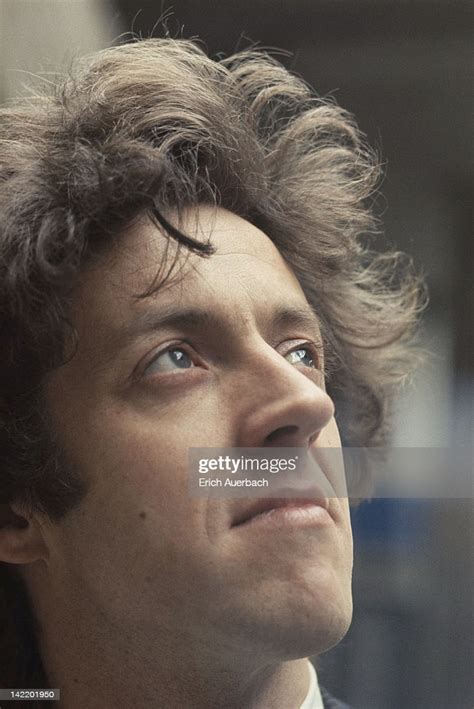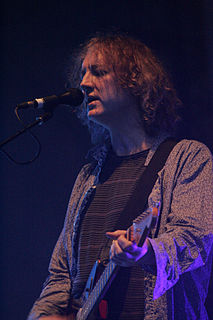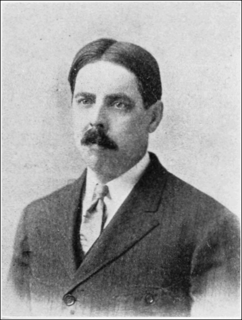A Quote by Ned Rorem
composition is notation of distortion of what composers think they've heard before. Masterpieces are marvelous misquotations.
Quote Topics
Related Quotes
Literary gentlemen, editors, and critics think that they know how to write, because they have studied grammar and rhetoric; but they are egregiously mistaken. The art of composition is as simple as the discharge of a bullet from a rifle, and its masterpieces imply an infinitely greater force behind them.
In the history of photography, we have many masterpieces in terms of black and white books. You have Bresson's 'Decisive Moment,' Frank's 'The Americans'... many masterpieces. But there is nothing to this caliber in color. Well, I think I'll waltz with my muse and hope that I might be able to produce something on this order in color.
There are, however, composers whose music can only be heard in a chromatic sense. George Perle, for example, wrote pieces that you might think of as leaning in a tonal direction but it's very hard to register a pitch as, say, the sixth degree of a scale, whereas in much of my music I think that's often relatively easy to do.







































